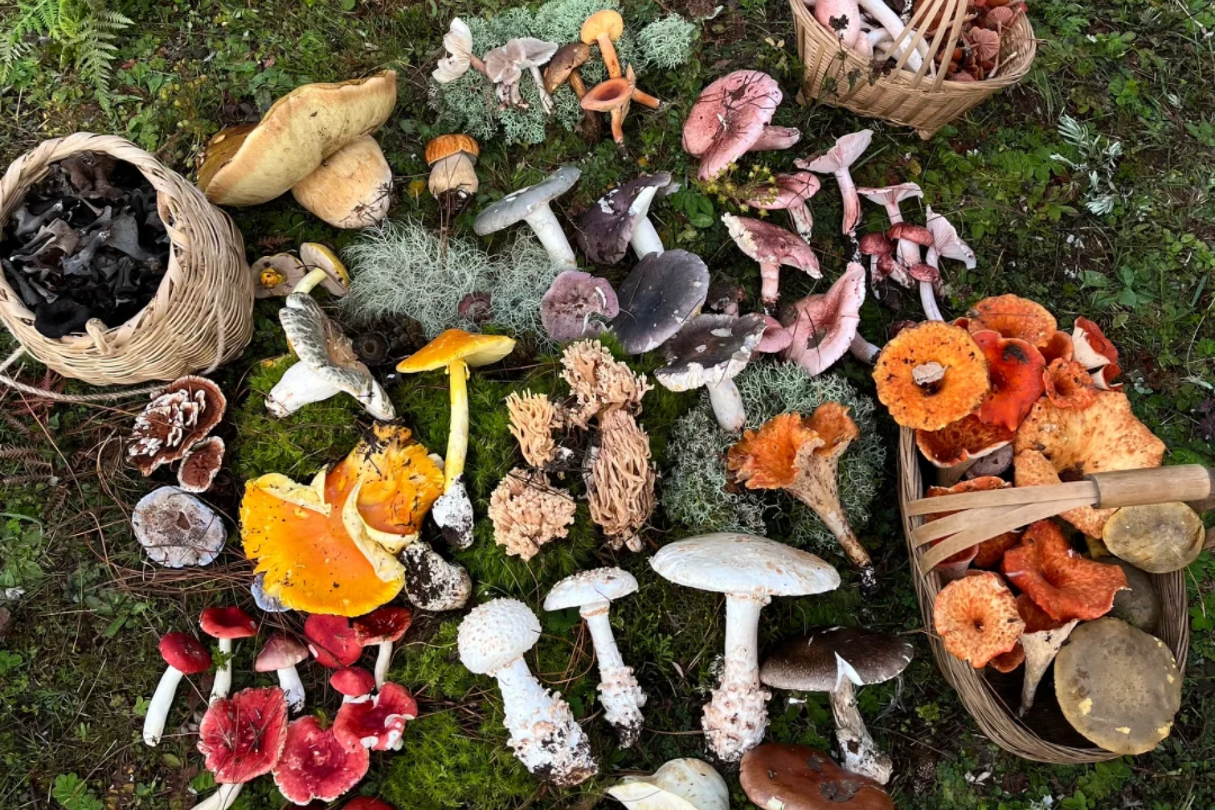The Wǒ Men Podcast is a discussion of life in China hosted by Yajun Zhang, Jingjing Zhang and Karoline Kan. Previous episodes of the Wǒ Men Podcast can be found here, and you can subscribe to Wǒ Men on iTunes here.
Have you ever thought about the true price of your morning cappuccino? It’s more than the five dollars you pay at the cafe on the street corner.
The global coffee industry is worth 100 billion USD and rising. But the huge industry profits from the second-most traded commodity in the world are not trickling down to the people who grow the beans. Coffee is extremely sensitive to weather conditions and this year’s drought in the Mekong region — worsened by climate change — has hit the area’s plantations badly. This has combined with intensive coffee farming practices to lead to environmental problems such as soil depletion, deforestation and biodiversity loss.
Related:
 Luckin Coffee, China’s Newest Unicorn, is Challenging Starbucks’ Market StrangleholdArticle Jul 26, 2018
Luckin Coffee, China’s Newest Unicorn, is Challenging Starbucks’ Market StrangleholdArticle Jul 26, 2018
What are the social and environmental costs of coffee plantations in the world? How is climate change affecting coffee growing in the Mekong region? What does coffee mean to ethnic minority peoples in the area? And what can we do to make the coffee industry greener and insulate farmers from environmental risks?
Karoline Kan shares her experiences reporting in Vietnam’s Central Highlands and China’s Yunnan province, where some harbor ambitions of the area becoming Asia’s coffee production capital yet numerous coffee farmers are struggling to make ends meet.
Listen below on Mixcloud, or find Wǒ Men on iTunes here.
Cover photo: Pablo Merchán Montes on Unsplash



















